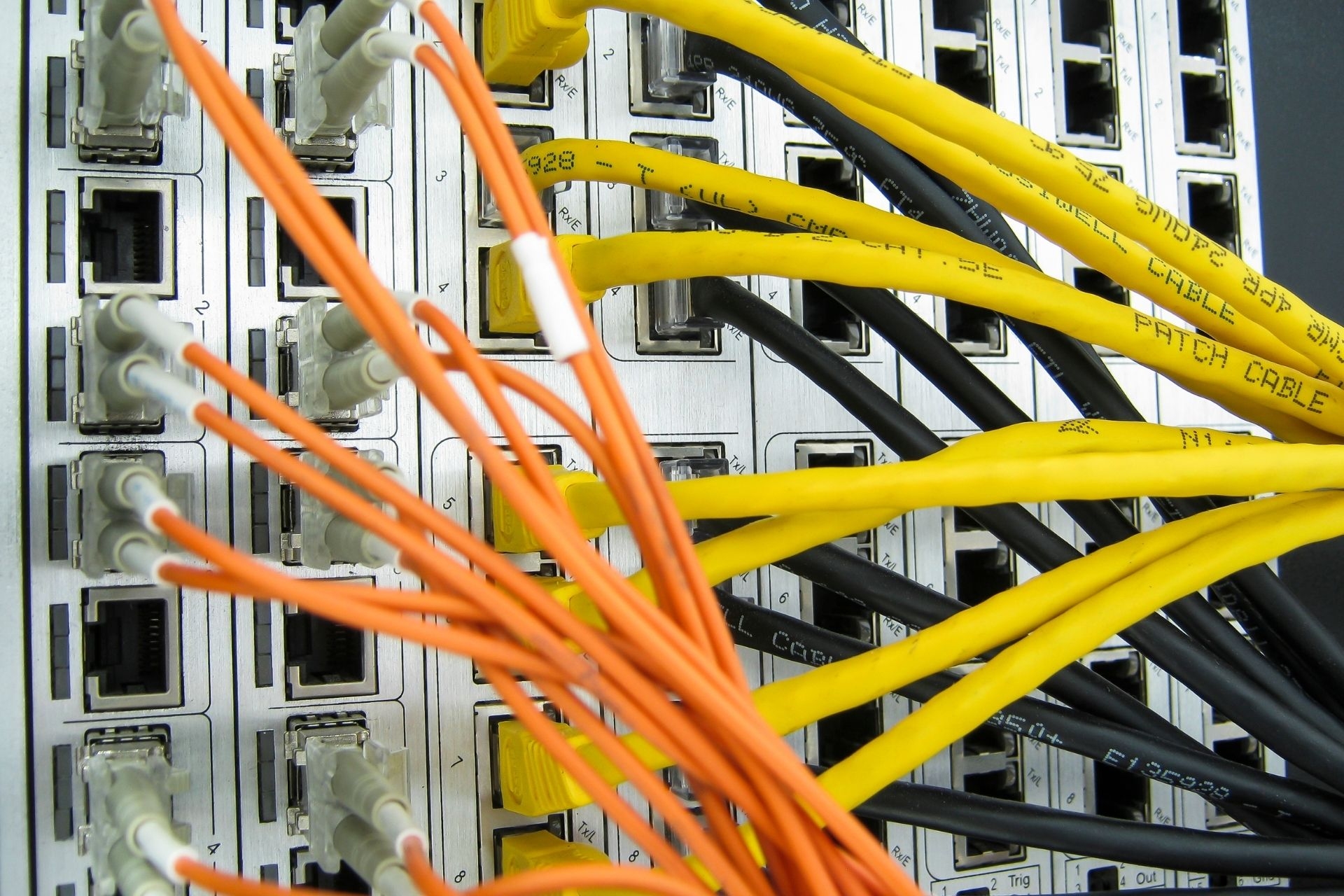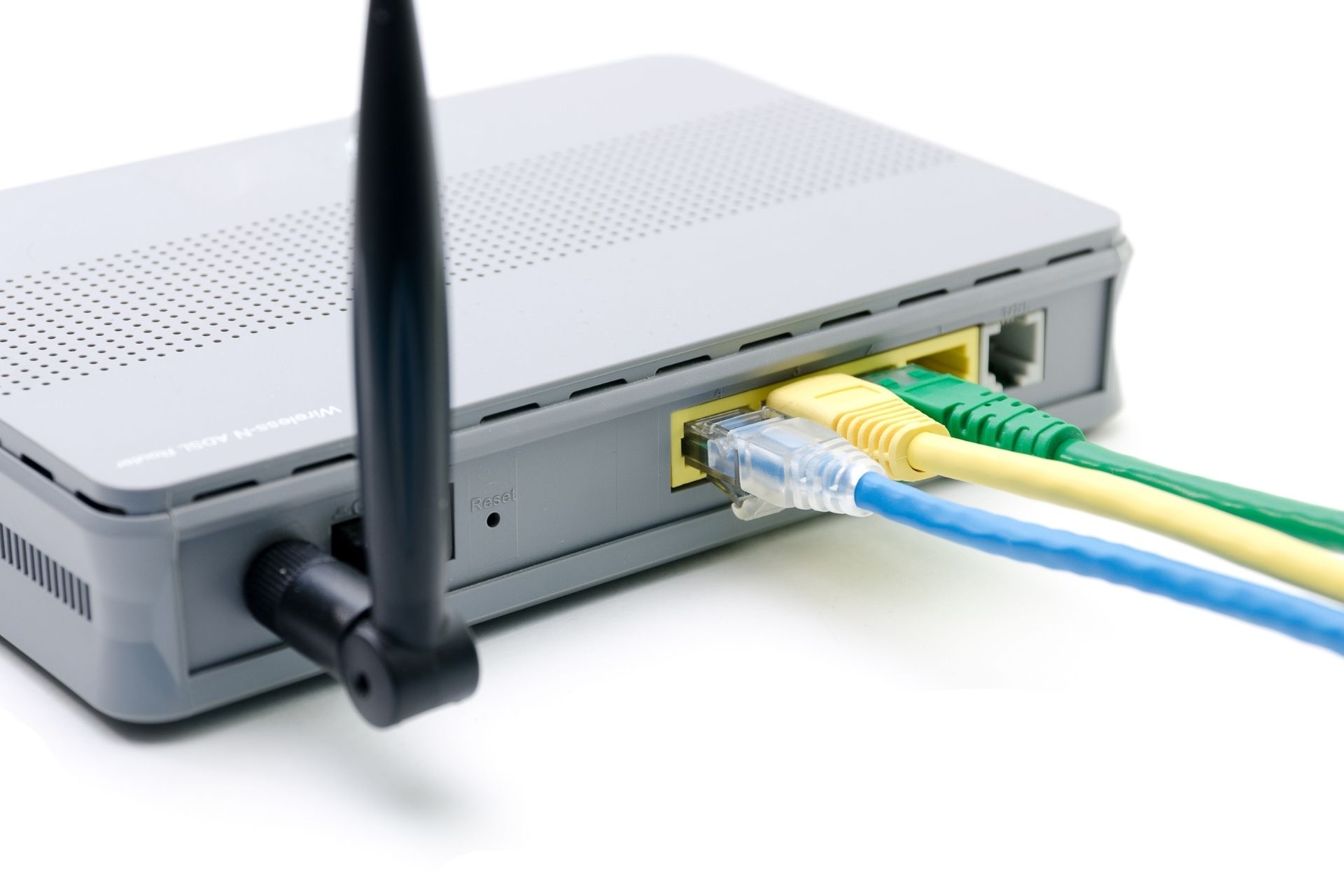Network Interface Units (NIUs)
What are the primary functions of a Network Interface Unit (NIU)?
The primary functions of a Network Interface Unit (NIU) include converting digital data from a network into a format that can be transmitted over a physical medium, such as copper wires or fiber optics. It also serves as a point of connection between the customer's network and the service provider's network, facilitating communication between the two.





